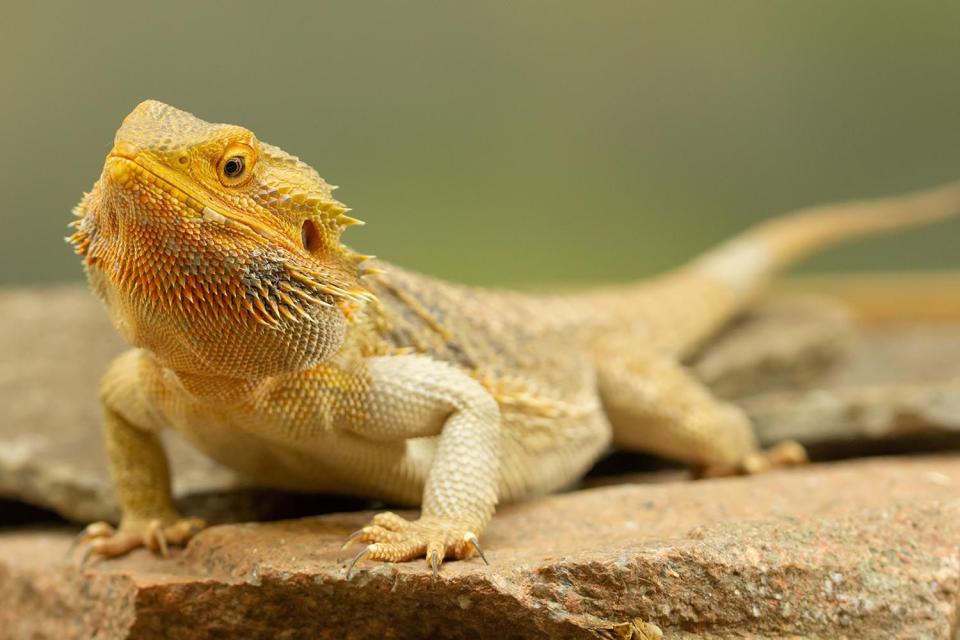A rare strain of salmonella, which has affected infants in the U.S. and Canada, has been connected to pet bearded dragons, a recent study revealed. The Centers for Disease Control and Prevention (CDCP) conducted an investigation and found that the Salmonella Vitkin outbreak in 2021 and 2022 was linked to these reptiles, potentially originating from a breeder in southeast Asia. Bearded dragons, also known as Pogonas, have been gaining popularity as household pets in recent months, with cases of Salmonella enterica serovar Vitkin infection identified in infants in Ontario, Canada, in 2022, where the households owned bearded dragons.
The CDCP study stated that the outbreak strain was found in an environmental sample collected from a patient’s bearded dragon enclosure. Additionally, twelve cases were traced in the U.S. between March 2021 and September 2022. Bearded dragons are commonly sold in pet stores across the U.S. and Canada, often bred in captivity. The study revealed that bearded dragons from various pet stores in Ontario were supplied by a single common intermediary supplier who imported them from different sources, including an international supplier in southeast Asia.
The report advised that bearded dragons should not roam outside of their tanks to prevent further outbreaks. Dr. La’Toya Latney, president of the Association of Reptile and Amphibian Veterinarians and a reptile owner, mentioned that while bearded dragons are easy to handle, allowing them to roam increases the risk of illness or injury. Families with infants should be cautious about having amphibians in general, as bearded dragons carry salmonella bacteria in their digestive tracts, which can be spread through feces and on their skin, potentially causing infections when handled.
People Exposed to a Rare Strain of Salmonella Linked to Bearded Dragons as Pets: New Report

















